Gästrikland
WELCOME TO Gästrikland
County Overview
Gävle
4,200 km2
153,723
Swedish
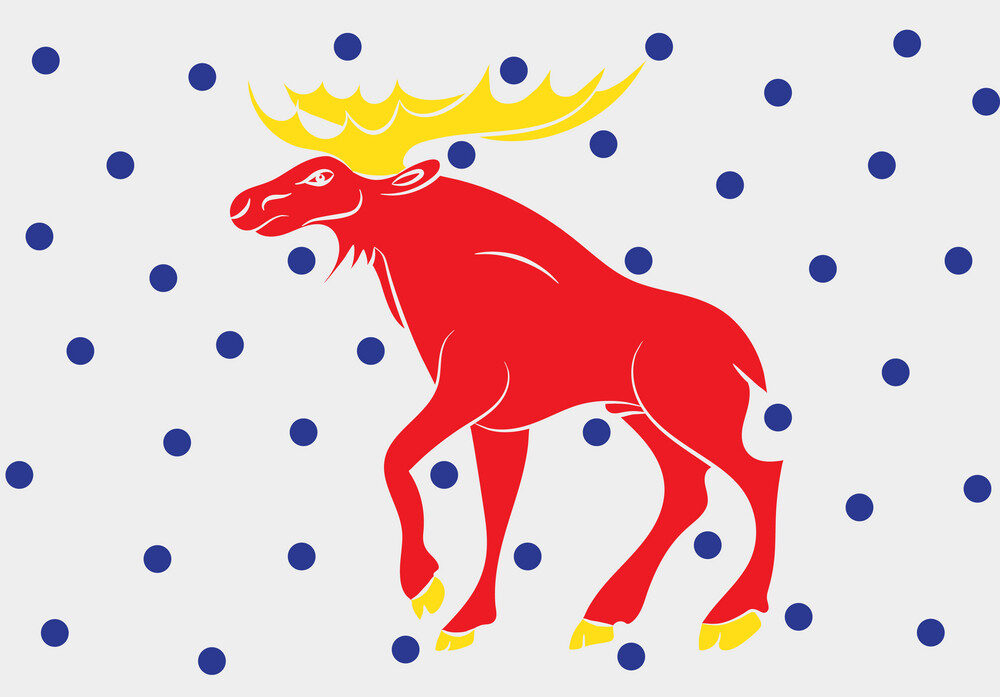
Popular
Geography and Tourist Attractions
Information about the province's tourist attractions, including popular destinations, events, and activities.
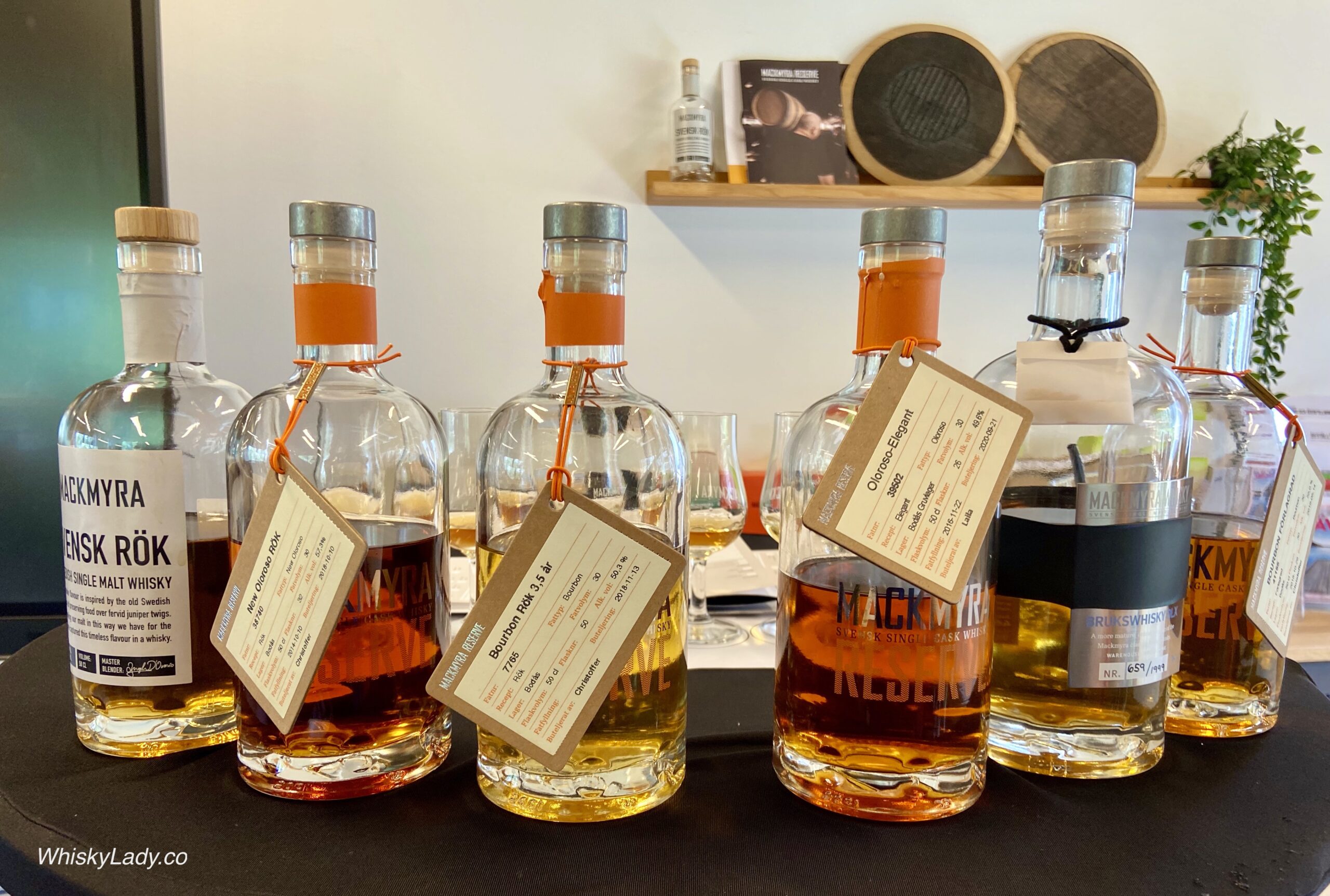
Mackmyra Whisky Village
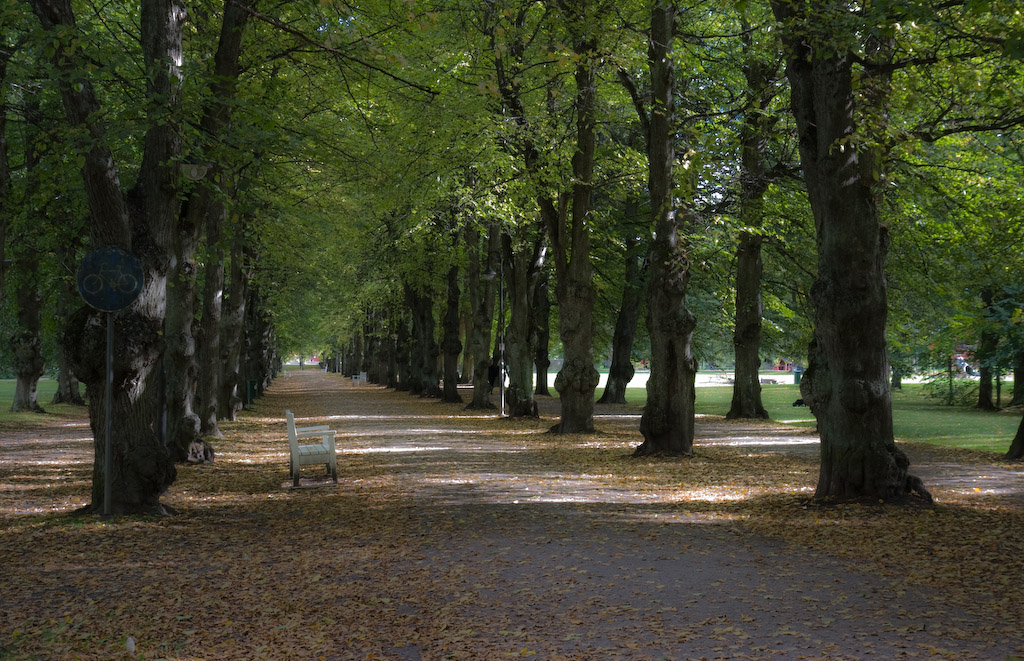
Boulognerskogen Nature Reserve

Gävle Goat
Political
Economy and Government
Gästrikland is a region located in central Sweden, and it is one of the smallest provinces in the country. The economy of Gästrikland is diverse and includes a mix of industries such as manufacturing, services, and agriculture.
The manufacturing sector is one of the most significant contributors to Gästrikland's economy, with major companies such as Sandvik Coromant, Stora Enso, and Ericsson having operations in the region. The region is also home to a number of small and medium-sized enterprises that specialize in various manufacturing industries, including metalworking, electronics, and textiles.
The service sector is also an important contributor to the economy of Gästrikland. The region's largest city, Gävle, is home to a number of businesses and organizations that provide services to the local community, including healthcare, education, and financial services.
In terms of agriculture, Gästrikland has a relatively small agricultural sector, but it still plays an important role in the region's economy. The region is known for its production of crops such as wheat, barley, and oats, as well as for its dairy and livestock farming.
In terms of government, Gästrikland is part of the larger administrative region of Gävleborg County. The county is governed by an elected county council, which is responsible for overseeing a range of public services, including healthcare, education, and transportation.
Gävle, as the largest city in the region, also has its own municipal government, headed by a mayor and city council. The municipal government is responsible for a range of local services, including public transportation, waste management, and urban planning.
Overall, Gästrikland has a diverse and dynamic economy, with a mix of industries contributing to its growth and development. Its government is responsible for ensuring the provision of essential public services to the region's residents and businesses.
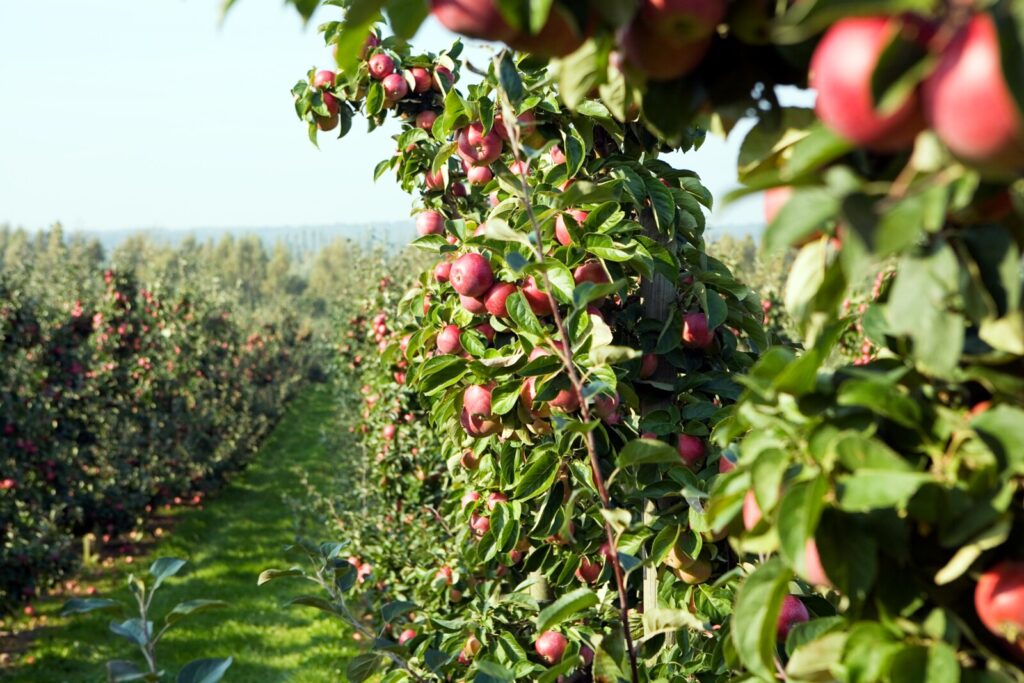
History
History and Culture
Gästrikland is a historical province located in central Sweden, bordered by the provinces of Hälsingland, Dalarna, Uppland, and Västmanland. The name Gästrikland is believed to come from the Old Norse words "gestr" (guest) and "rik" (realm), which may refer to the province's status as a crossroads and meeting place for travelers throughout history.
The region has a rich history dating back to the Viking Age, with archaeological evidence of settlements and iron production from this time. During the medieval period, Gästrikland was known for its iron industry, which played an important role in the development of Sweden's economy. Gävle, the largest city in Gästrikland, was founded in the 16th century and became an important center for trade and commerce.
Gästrikland has also been home to many notable figures in Swedish culture and history. The 18th-century artist Carl Michael Bellman was born in Gästrikland, and the region has been celebrated in many of his works. The writer and feminist activist Elin Wägner, who played a key role in the women's suffrage movement in Sweden, spent much of her childhood in Gästrikland and wrote about the region in her novel "Änkorna på Trastsund" (The Widows of Trastsund).
In terms of cultural traditions, Gästrikland is known for its folk music and dance, which has been influenced by both Swedish and Finnish traditions. Gästrikland is also home to the Gävle goat, a giant straw goat that is erected each year in Gävle's town square as a symbol of the holiday season. The goat has become a popular tourist attraction and has also been the target of numerous acts of vandalism over the years.
Overall, Gästrikland has a rich history and culture that reflects its central location in Sweden and its role as a hub for trade and commerce throughout the centuries.
HOTELS
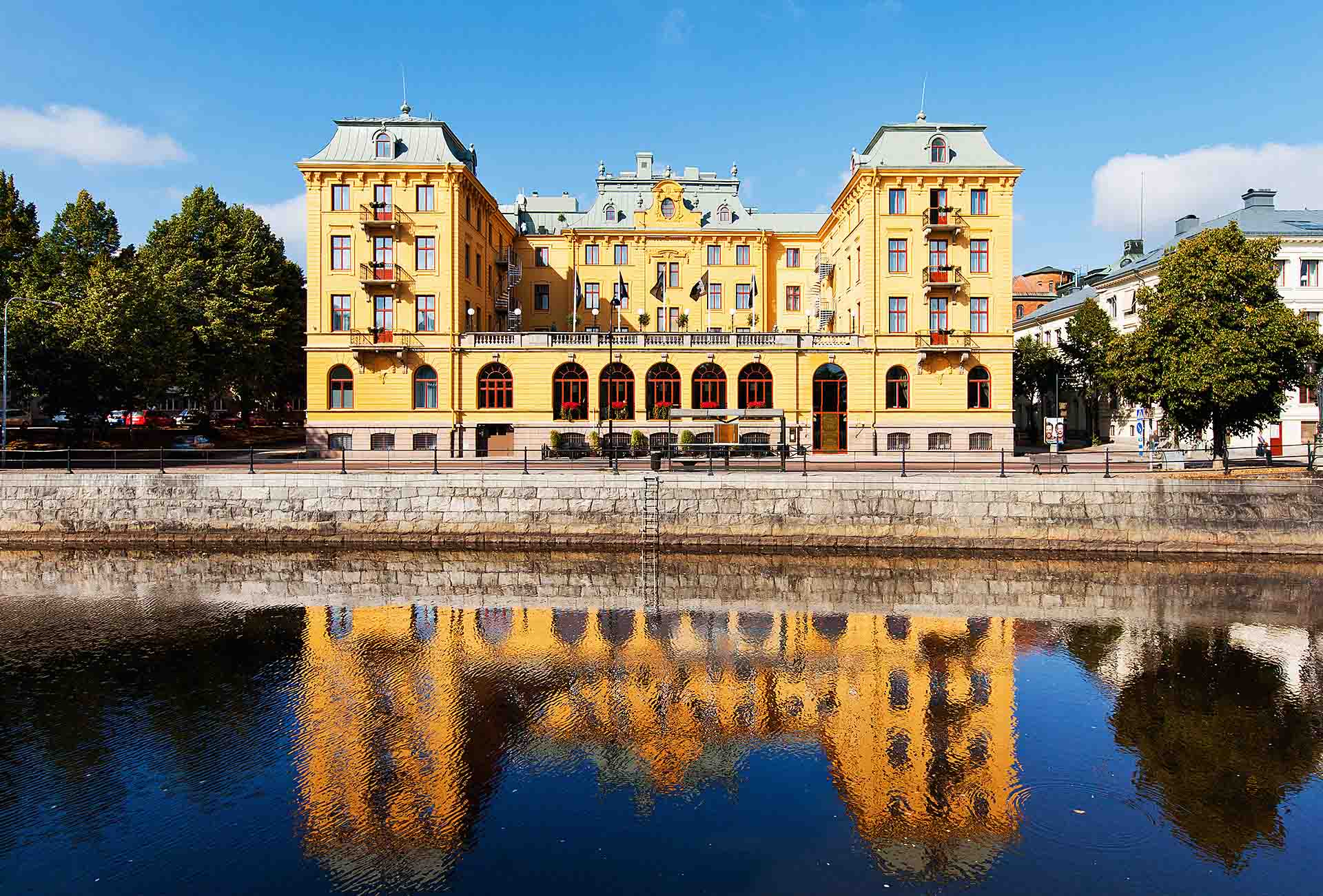
Elite Grand Hotel Gävle
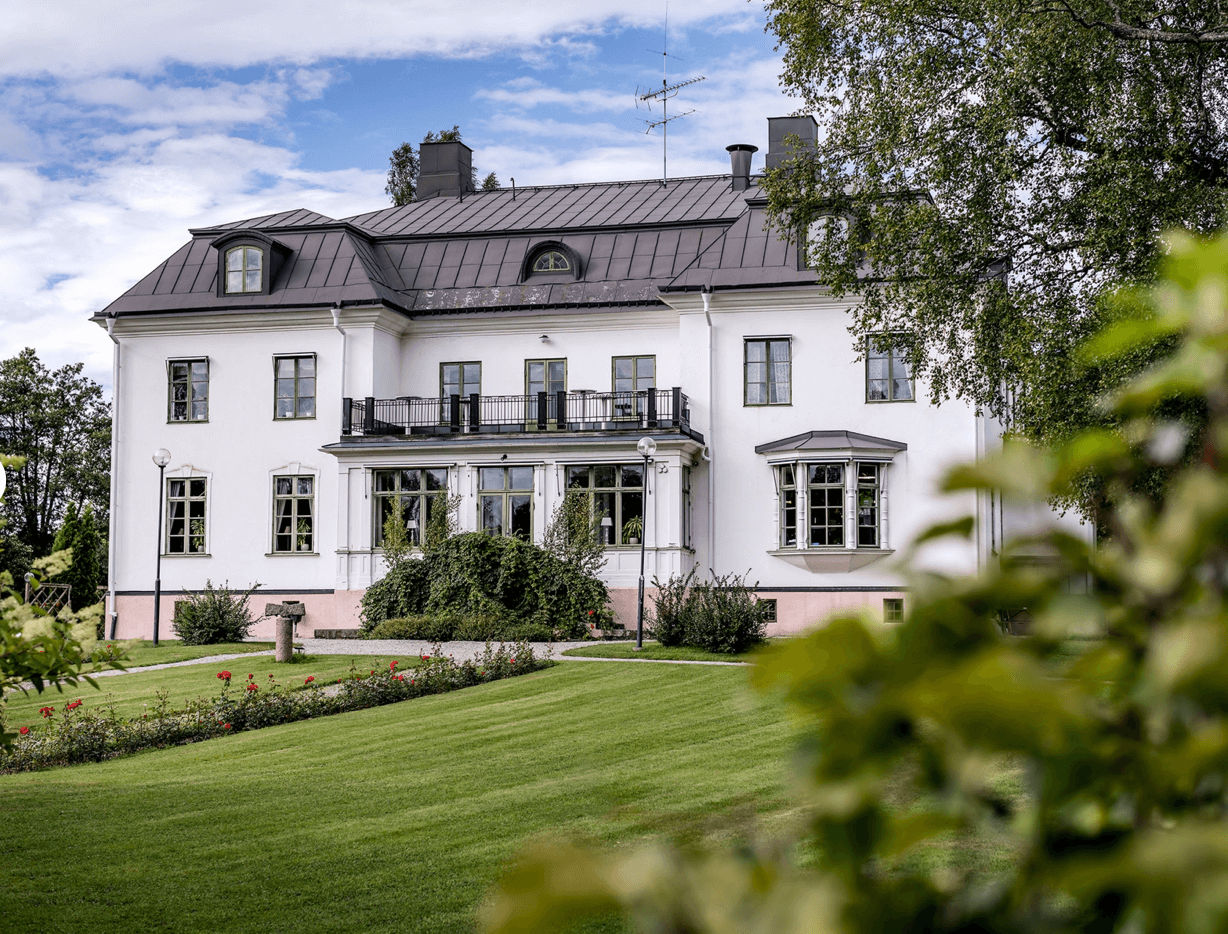
Högbo Brukshotell
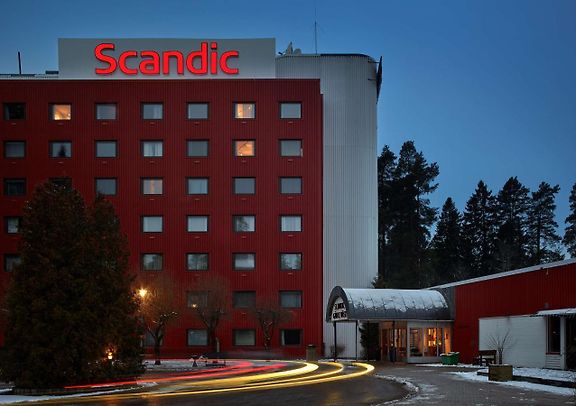
Scandic Gävle Väst
RESTAURANTS
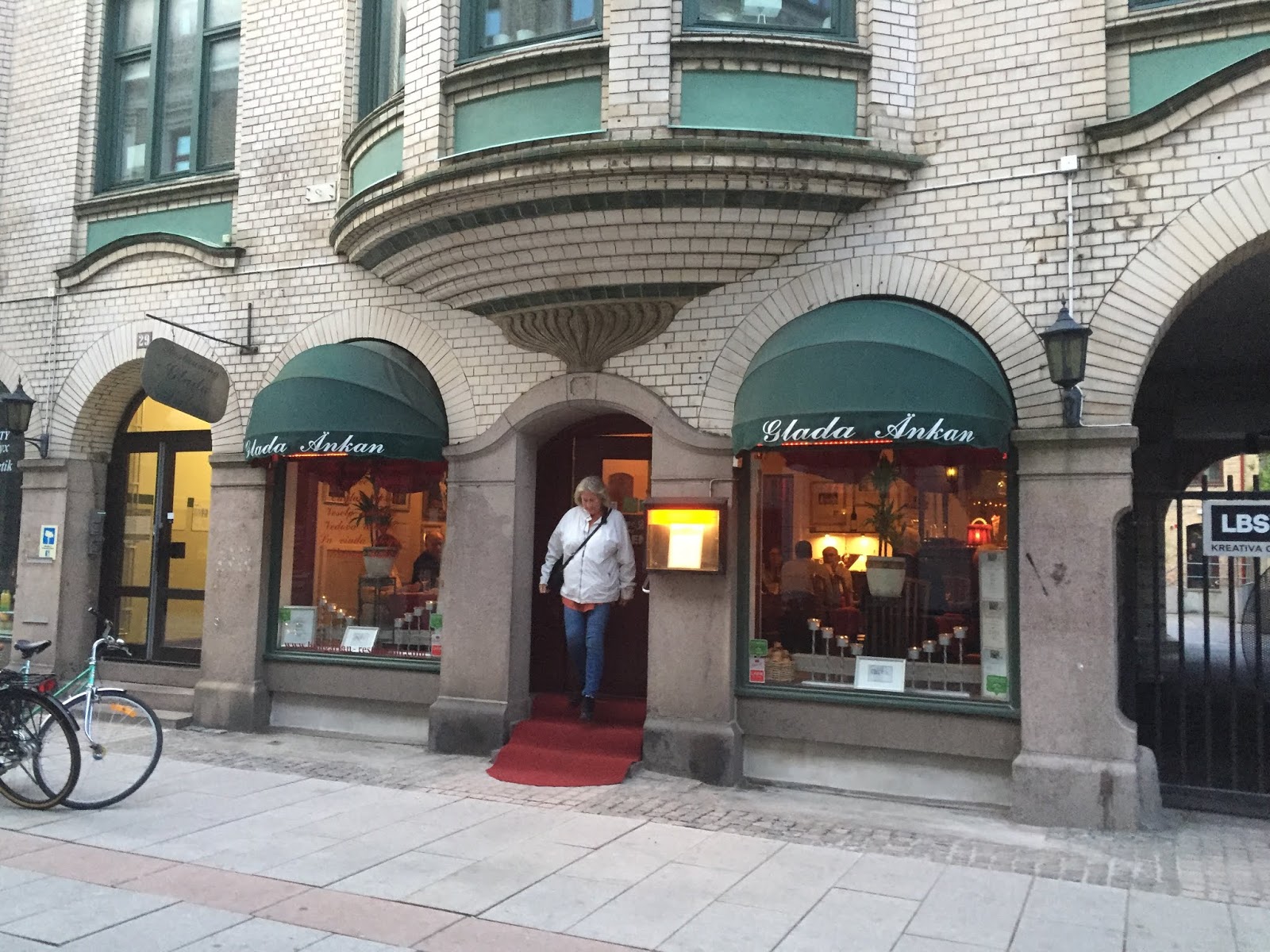
Restaurang Glada Ankan
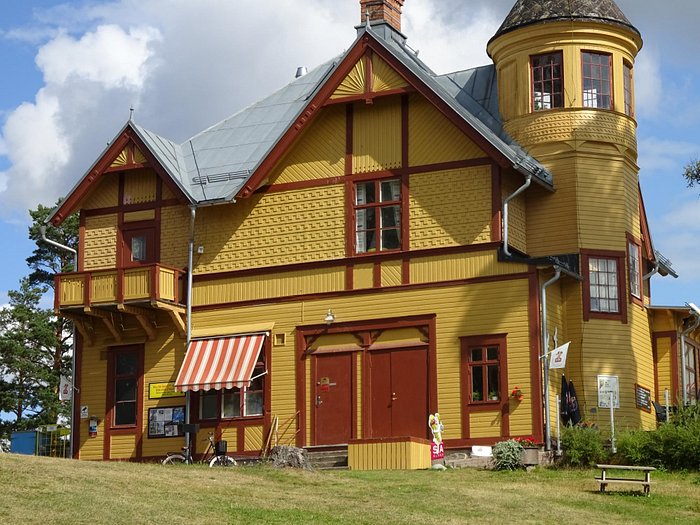
Främby Udde Resort

